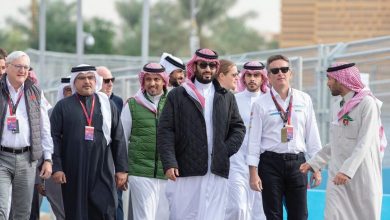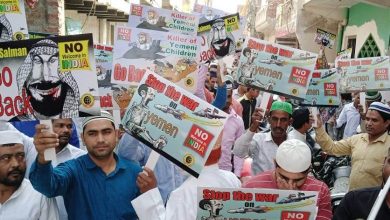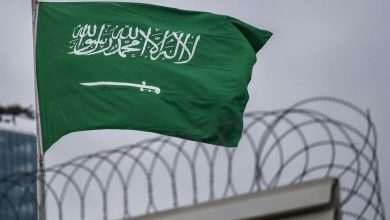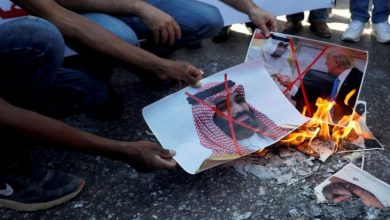The number of detained journalists and bloggers tripled during the reign of Mohammed bin Salman
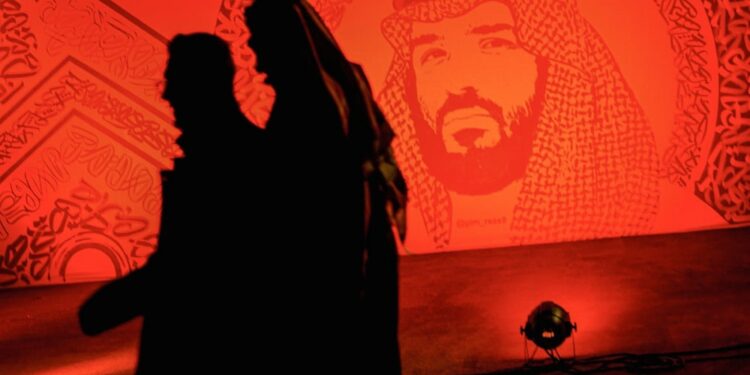
Reporters Without Borders confirmed that the number of journalists and bloggers behind bars in Saudi prisons had tripled since 2017 when Crown Prince Mohammed bin Salman assumed de facto rule in Saudi Arabia.
The international organization’s annual report ranked Saudi Arabia 166 out of 180 in the 2022 Press Freedom Index.
The organization said there is no free media in the Kingdom, where journalists are subject to strict surveillance, even abroad.
According to the organization, almost all Saudi media are under the authorities’ control, bearing in mind that self-censorship is the prevailing rule even on social media platforms.
Even when funded by the private sector, the Saudi media is forced to toe the government line drawn by the official news agency (SPA).
The written press is divided into two main directions, as Al-Watan and Okaz newspapers embody the views of the “liberal” current. In contrast, Al-Riyadh newspaper is a mirror of the conservative trend.
Self-censorship casts a shadow over the media outlets affiliated with the royal family, while other platforms are subject to daily monitoring by the Ministry of Information.
Anyone who criticizes the Kingdom’s role in the war on Yemen or opposes the normalization of relations with Israel is accused of treason. At the same time, journalists who choose neutrality are subject to accusations if they do not follow the same line that the official media takes in praising Mohammed bin Salman.
The Penal Code, as well as the anti-terrorism and cybercrime laws in Saudi Arabia, requires journalists to be imprisoned or suspended from work whenever they criticize or express their opinion on political matters (where they are accused of blasphemy, insulting religion, inciting sedition, threatening national unity, or harming the image of the king and the state).
Since 2018, the government has tightened its grip on social media platforms.
Most of the Saudi media is funded by the state or those close to the circles of power, as enormous resources are allocated to major media groups, such as MBC (which owns Al-Arabiya), as essential platforms that influence the borders of the Kingdom of Saudi Arabia.
In this context, sports journalism witnesses many prominent media names, as coverage of matches and competitions are very popular, as is keeping pace with cultural events and entertainment events in the Kingdom.
The case of Raif Badawi and Ali Abu Lahoum exemplifies the dilemma of reconciling freedom of the press with respect for religious teachings in the Wahhabi Kingdom, even though they were both tried and imprisoned for writings on the Internet that were seen as an invitation to apostasy.
The issue of women’s rights also remains a taboo, as arrest, trial and torture can be the fate of anyone who touches on this subject.
Most of the journalists behind bars are arbitrarily detained. On the Internet, media actors angry at the authorities face various forms of persecution and harassment by the army of trolls brigades that are very active on social media platforms.
The Kingdom also uses highly advanced espionage techniques to track the movements of journalists living in exile.

